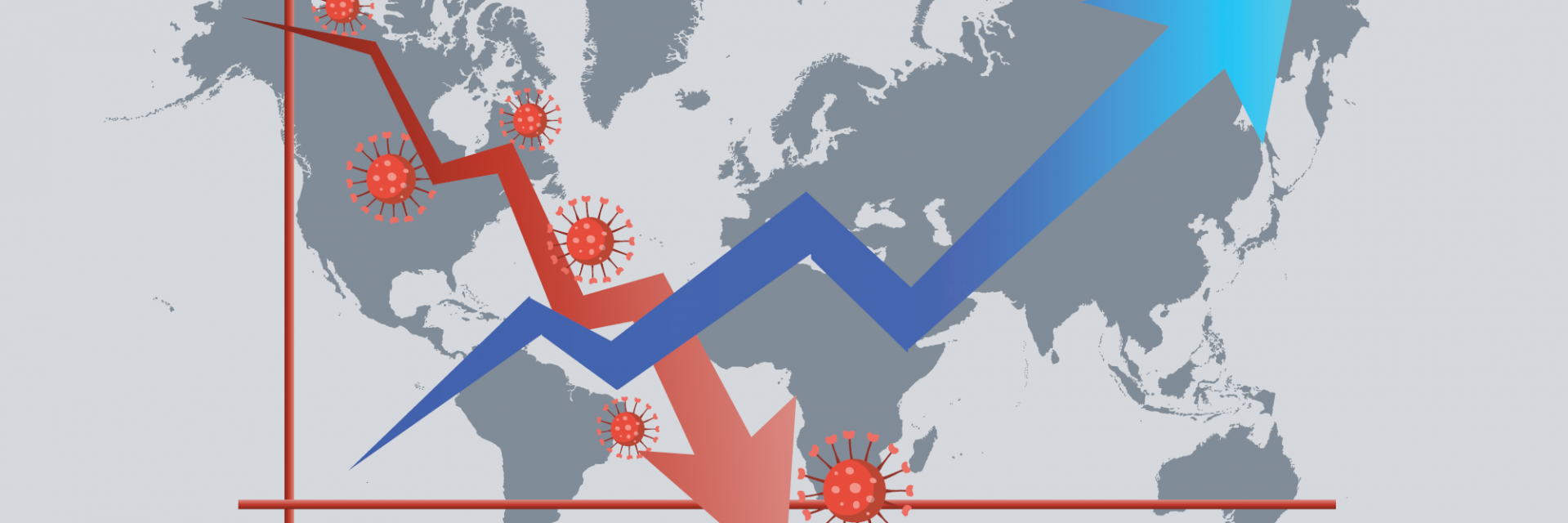Marrakesh, June 3, 2020 (ECA) - "We are yet to know how long the COVID-19 crisis will last, but we need to set the milestones for recovery now" said UN Under Secretary General and Executive Secretary of ECA Vera Songwe on Tuesday June 2, at a webinar on "Rethinking the economy and academic paradigms in post-COVID19 Africa". The webinar was jointly organised by two Moroccan institutions – the National School of Trade and Management (ENCG) of Marrakech and the African Center for Innovative Sustainable Solutions (ACISS) of Cadi Ayyad University.
Africa was already witnessing the economic impact of the COVID-19 crisis even before its impact on public health and may see its growth slow down by 1.8 to 2.6% of GDP, which could push 29 million people into extreme poverty. Containment measures established in 42 countries to protect populations have already cost the region some 69 billion dollars per month and are expected to have a negative impact on the implementation of the SDGs in the region.
In her remarks, Songwe elaborated on a number of issues that are critical for the development of post-COVID-19 crisis exit strategies. Among them, improving economic governance to ensure funds benefit those who need them the most, developing the digital economy, mitigating the impact of climate change, redesigning financial systems for better use of domestic financial resources such as African pension funds and reviving regional consumption through the African Continental Free Trade Area.
The webinar also provided participants with an opportunity for an initial discussion on how to rebuild African economies and re-design the study of economics to make it fit for purpose to African countries.
Some African economists argued for monetary integration of the continent as a pivotal measure for moving forward.
Various challenges were discussed such as the informal sector, where workers have been particularly negatively impacted by the crisis. Additionally, discussions touched on access to the Internet and its impact, in a continent where only a minority of the 330 million children unable to go to school have been able to study online as only 20% of Africans have access to stable internet connectivity. Participants also called for the redistribution of value chains and the development of African pharmaceutical industries. In this regard, panelists said it was necessary for the African diaspora to lead on technology transfer to the continent and for countries to master it.
Other topics included opportunities to digitize African economies and to rethink the architecture of African universities so that students can enjoy better access to quality education from home.
"Digitalization offers us tools which allow us to provide courses, strengthen research and South-South links as well as open up intra-African borders", said Professor Moulay Lhassan Hbid, President of Cadi University Ayyad, who highlighted the crucial role of digitalization in the future of the African economy.
Present at the webinar were economists from Algeria, Cameroon, Congo, Ivory Coast, Morocco, Senegal and the African Union.
Issued by
Communication Team
Economic Commission for Africa
Office for North Africa
Tel: +212 (0) 537 548 749

